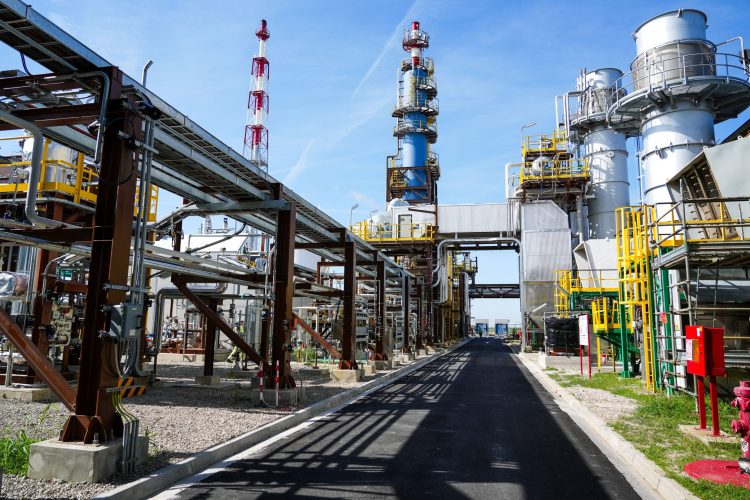Eni's £2bn Liverpool Bay CCS Project: Pioneering Clean Energy Infrastructure Development
Key Ideas
- Eni secures £2bn UK Government backing to construct a carbon capture network capturing CO2 from hydrogen production along the River Mersey and under Liverpool Bay.
- HyNet consortium, including Eni, aims to produce 'blue hydrogen' at the Stanlow oil refinery, providing clean energy to North West factories while storing captured CO2 in Liverpool Bay.
- The project is set to create around 2,000 jobs, involve the construction of onshore and offshore pipelines, and produce enough clean energy to power a city the size of Liverpool.
- Eni's strategic agreement with the UK Government signifies a step towards industrial-scale CCS development, emphasizing the crucial role of CCS in decarbonization efforts.
Italian energy giant Eni, part of the HyNet consortium, is set to embark on the construction of a carbon capture and storage network in the UK next to the River Mersey and under Liverpool Bay. This project, backed by a £2bn investment from the UK Government, aims to capture CO2 emissions from hydrogen production at the Stanlow oil refinery in Ellesmere Port. The captured CO2 will be stored in porous rock in depleted gas fields under Liverpool Bay, marking a significant step towards reducing global warming emissions.
The initiative, focused on producing 'blue hydrogen', has garnered both support and criticism. While some argue that carbon capture and storage may not meet stringent government regulations and could prolong fossil fuel usage, HyNet remains optimistic about the project's potential to provide clean energy when operational in 2027.
Additionally, EET Hydrogen, a division of Essar, is leading the construction of the hydrogen production hub at Stanlow, with plans to decarbonize the refinery's operations alongside supplying clean energy to various sectors in the North West. The project is expected to create thousands of jobs and involve the development of extensive pipeline infrastructure.
In parallel, HyNet is exploring the production of 'green hydrogen' through renewable sources, although the scalability and affordability of this method are still under development. Eni's CEO highlighted the importance of CCS in addressing decarbonization challenges, emphasizing the significance of safely eliminating CO2 emissions from industries lacking efficient alternatives.
The strategic agreement between Eni and the UK Government signifies a notable progression towards sustainable energy infrastructure development, showcasing the pivotal role of CCS in driving cleaner industrial practices for a low-carbon future.
